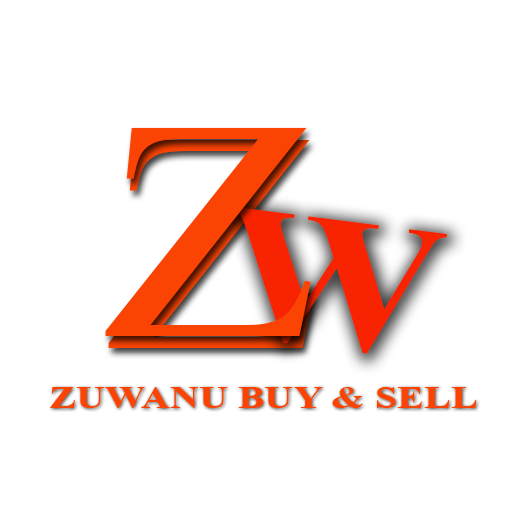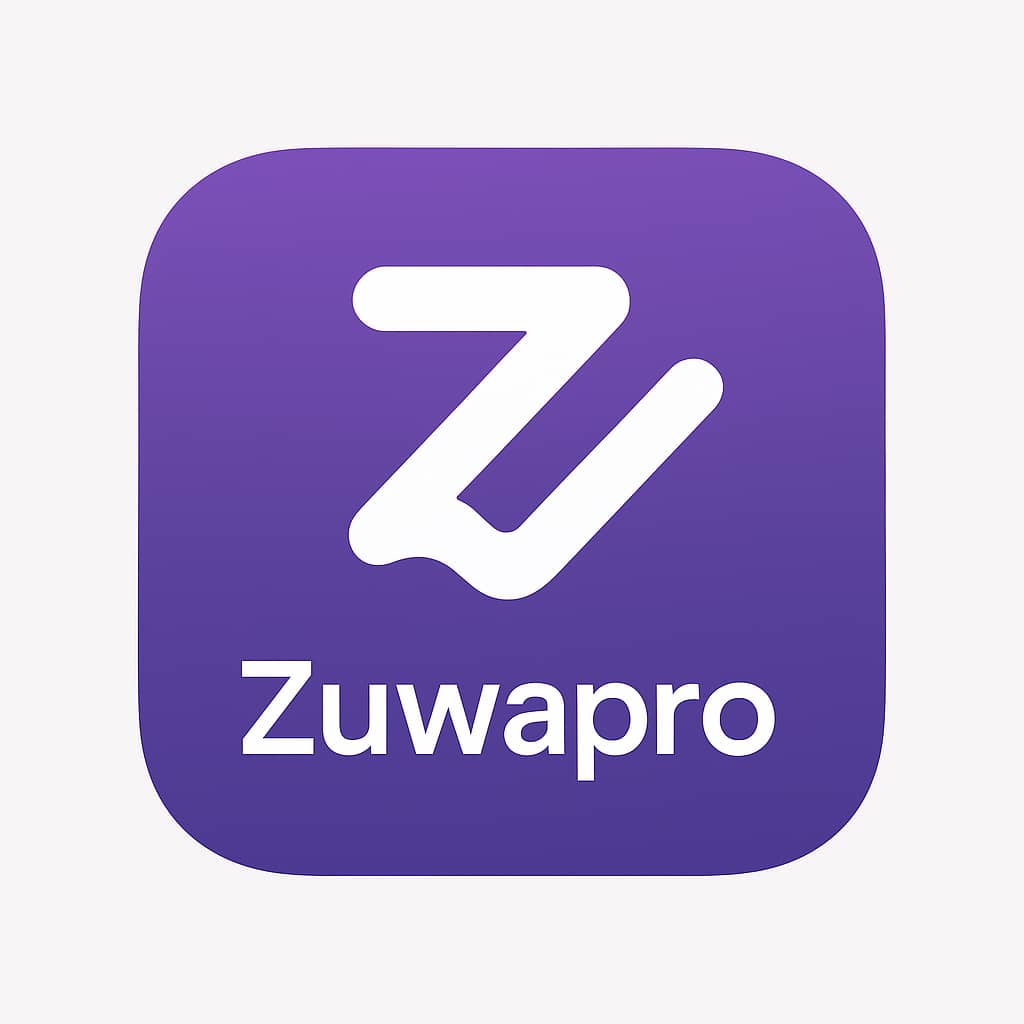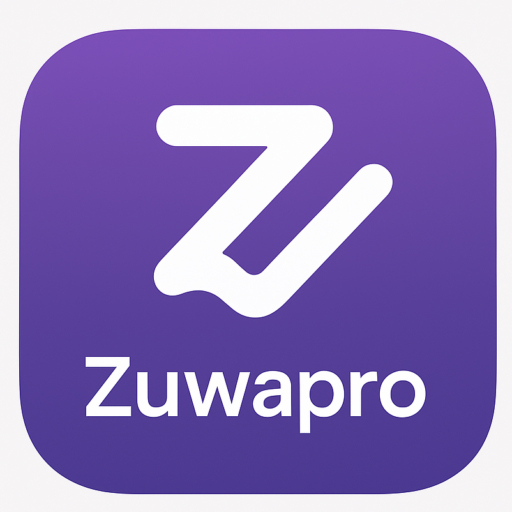amazing products to sell online in Nigeria and make money online by dropshipping
What products to sell online in Nigeria? make money online by dropshipping
What products to sell online in Nigeria? don’t worry about what products to sell, here is amazing products that can make you money when you sell them online in Nigeria. We will touch a lot of products and categories to help you make the best choice for what you can sell easily online.
Products you can sell without Buying them with money and how to sell without having a product?.

Maybe as a student, you do not have the financial capacity to fund your education or You have challenges with money and you can’t really buy products you can resell for money.
This is how to start a business online without capital. Dropshipping, yes what you need is to start drop-shipping those items which interest you to sell and ease your financial burdens.
What is Dropshipping?
Dropshipping is selling a product that the seller does have in stock, then after a customer placed an order for it the seller will now order it from a supplier who will now send the product to the customer, this is called drop shipping, and it’s earning people millions of Naira without owning a shop or stock.
How to start dropshipping?
After researching and finding what type of product you want to sell, you have to find people who supply these products and have a discussion with them to determine if they can be able to ship to your future customers for you when you place the Third-party order to them.
How to find People you can dropship from and Best sites for dropshipping.
These are the best websites to find suppliers worldwide.

You can source your products from the above-listed websites and then resell them.
Most Demanded products in Nigeria You can Sell.
These are the most purchased items online in Nigeria that you can source and sell with dropshipping.
| 1 | Mobile phones. |
| 2 | Fashion kits. |
| 3 | phone accessories. |
| 4 | cosmetics. |
| 5 | Gaming console, Computer and PC accessories. |
| 6 | Fashion accessories. |
| 7 | clothing. |
| 8 | Health and s*xual enhancements. |
| 9 | Sporting and Body lifting Equipment. |
This Items sell like a charm and will make you huge profits since you are buying from a supplier who will sell at wholesale price to you and you resell at your own price.
Benefits of Dropshipping.
1. You sell from home and don’t worry about going late to shop You are your own boss.
2. You don’t have to worry about stock keeping and gains and losses.
3. You spent Nothing to Sell and earn huge money.
WHERE TO SELL AND BUY ONLINE IN NIGERIA FOR FREE.
Zuwanu is the best marketplace in Nigeria where you can do your online shopping and buy and sell easily. you can sell your products by posting them on zuwanu after creating a seller account then you post the sourced products and start getting and fulfilling orders.
What is Dropshipping?
Dropshipping is selling a product that the seller does have in stock, then after a customer placed an order for it the seller will now order it from a supplier who will now send the product to the customer, this is called drop shipping, and it’s earning people millions of Naira without owning a shop or stock.
How to start dropshipping?
After researching and finding what type of product you want to sell, you have to find people who supply these products and have a discussion with them to determine if they can be able to ship to your future customers for you when you place the Third-party order to them.
ALSO READ
10BEST PRODUCTS AND SERVICES CAN SALE ONLINE

